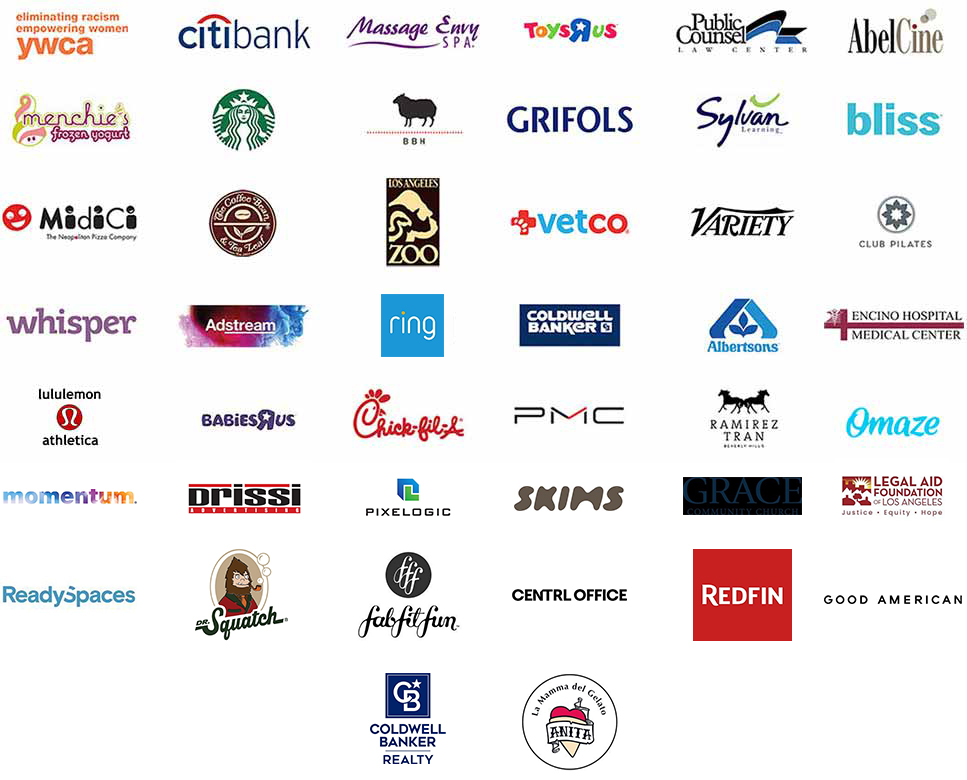As a landlord, you have multiple responsibilities that the law provides for a warranty of your property for future tenants. This means that your property must be considered livable and any known problems or obvious issues must be corrected and repairs before you allow a tenant to occupy your property.
When a previous tenant vacates your property (or one of the units in your building), it’s best to conduct a walkthrough of the property (or unit) to better determine its current condition and to discover what code requirements, repairs, or maintenance issues need to be addressed. Below are some of the most common items and areas that you will need to play closer attention to in your property prior to allowing a new tenant to occupy it.
- Make sure all the fixtures are working properly. This includes all faucets and levers, showers, tubs, toilets, and any other plumbing fixtures. Make sure that there are no leaky fixtures and they are all in good working order. Any and all leaks should be repaired prior to renting out the property (or unit) to others. If a particular fixture has a history of consistently causing problems, it may be more cost effective to replace it rather than to send a handyman back over and over to repair future occurrences. This can also save you money in the long run by reducing your water bill — especially if you’re responsible for paying for your tenants’ utilities and water.
- Make sure your carpets and other floor areas are properly cleaned and disinfected. You want to avoid any health hazards i.e.: mold, mildew, and pet stains. These are all considered health hazards, and any problems related to these should be completely resolved before you allow any tenant to occupy your property. This should never be avoided. Diseases such as toxoplasmosis, which is normally found in cat urine stains, can be fatal. The proper cleaning of your floors and carpeted areas will help ensure that your tenants will occupy a healthy environment. In some instances, the carpet may need to be completely replaced. For example, If the carpet has mildewed or there is a mold problem.
- Make sure all cabinets, closets, and storage areas have been completely cleaned. Health hazards can be a concern id mildew and mold have formed underneath cabinets. This is typical in most cases if you have had a problem with leaky fixtures. If the damage to your cabinets is severe, you may want to consider replacing them. Keep in mind that closets are one of the most frequently neglected areas by tenants. Make sure to inspect each one throughly after they vacate your property. Make sure that these areas are completely cleaned and that any items left behind are disposed of and removed from your property appropriately. Depending on local law, you may need to track down your previous tenants to notify them that they have abandoned their belongings and inform them that if they do not return to collect them, you will dispose of them.
- Make sure your walls are free of chips, marks, and holes. Depending on the length and extend of wear-and-tear caused by your previous occupants, you may be forced into having to repaint the interior (and sometimes the exterior) of the unit. Any existing holes or damages to the drywall should be fixed before you rent out your property to others. If you do not plan to repaint, examine the condition of the walls carefully and make notes so you do not hold your new tenant liable for damage caused by your previous occupants. Patching any obvious holes will help rent the property and should be done as needed.
- Check that all appliances operate properly. Energy saving appliances may save you considerable money overall on your utility bills. Old appliances that waste lots of energy should be replaced with new models. This will also reduce your need to repair and aid in keeping your maintenance costs to a minimal. In addition, your tenants will appreciate the newer appliances, and the lower electric or gas bills.
- Does the unit have lead paint? If your property was built after 1978, chances are you do not have lead paint. But if your property was built prior to that, you will need to determine if it contains lead paint. If it does, you must disclose this to your future occupants PRIOR to their move in date.
- Check that all doors and windows operate and secure properly. All of the doors and windows on the interior and exterior of your property should be checked to ensure that they they all open and close properly and that they are in good working order. This includes any cabinetry, sliding glass doors, patio doors, gates, and windows.
If you have a property that needs to be prepared for its official grand opening or for new tenant occupancy, we’d LOVE to hear from you!
Give us a call at 866-299-4822 or visit us at www.suiterenovation.com to learn more about the cleaning and renovation services Suite Renovation can offer you!

